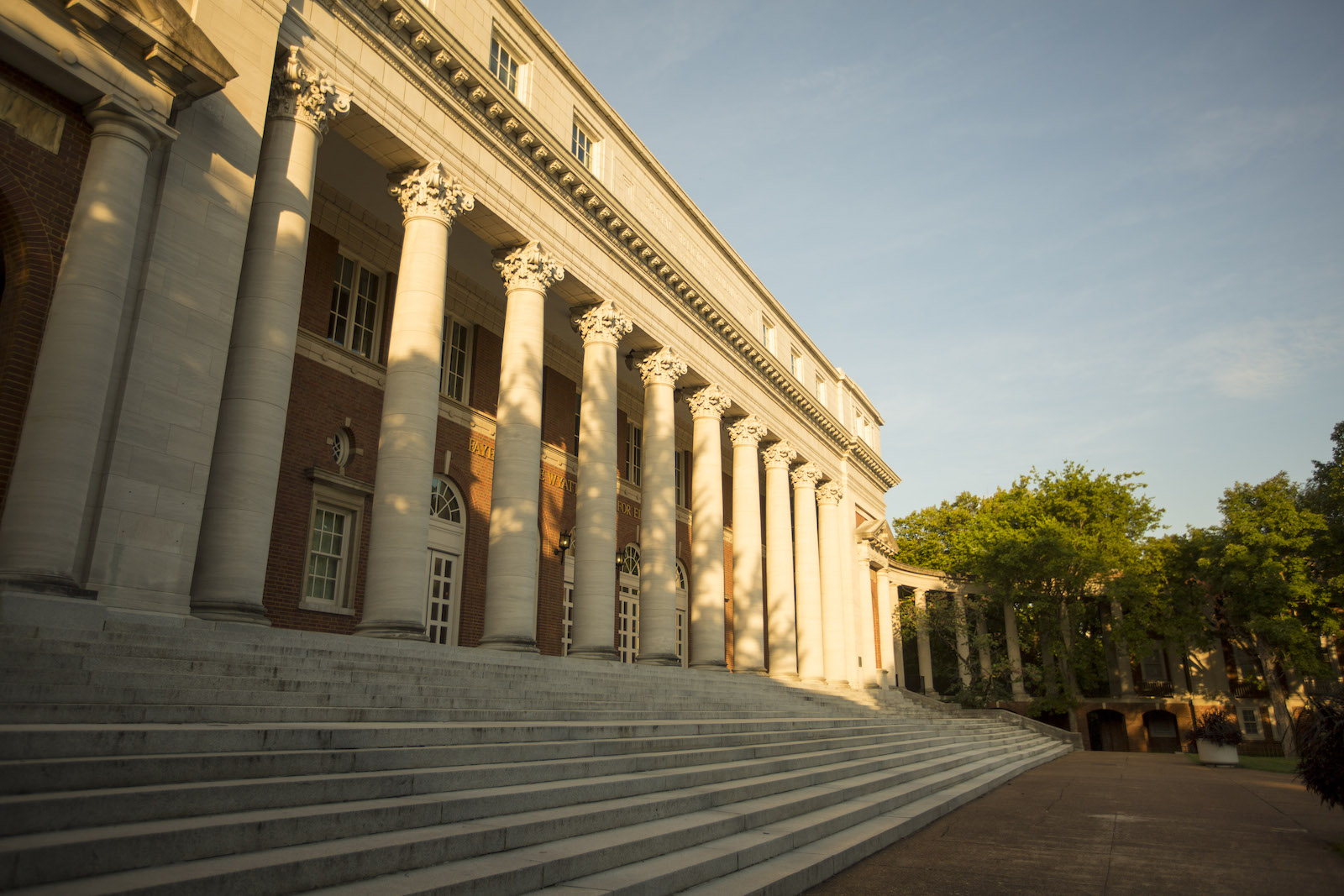Quick links
Please note: LDUS is not admitting students or accepting applications for the 2025-2026 academic year.
Program Overview
You can expect to understand educational practice in settings such as social service agencies, media organizations, or public schools-or in academic and policy settings by pursuing research. You'll have a unique opportunity to develop a specialization that suits your research interest and needs. You'll learn to understand continuously evolving communities that have distinctive histories, cultures, discourses, language practices, and funds of knowledge as strengths.
Careers
Graduates typically work in traditional and charter schools around the country, policy research think tanks, and community centers and nonprofit organizations.
Of job-seeking graduates, 97% were employed or attending graduate school within four months of graduation. Recent career placements include:
- Health Equity Project Manager, New York City Department of Health, New York, New York
- Ph.D. Candidate in Education Policy, Georgia State University, Atlanta, Goergia
- Qualitative Researcher, Salt Lake City Community College, Salt Lake City, Utah
- Student Services, BASIS Bilingual School, Shenzhen, China
- Technology for Learning Manager, The Citizens Foundation, Lahore, Pakistan
Program Facts
Program Director: Chris da Silva
Admissions Coordinator: Erica Bodden
Admission Term: Fall
Credit Hours: 30
Application Dates
-
Application Deadline 1
January 3
-
Application Deadline 2
February 3
-
Rolling Admissions
After February 3*
*Applications received after the Feb 3 second deadline are reviewed on a rolling basis and accepted as space and funds allow.
Request Information
Program Curriculum
LDUS offers highly individualized preparation for students who seek advanced graduate preparation for studying urban learning settings. Our curriculum for the Learning, Diversity, and Urban Studies program is structured around three central themes:
- Learning focuses on designing learning environments that draw on research on how people learn and ways designers can capitalize on diversity to enhance learning.
- Diversity builds knowledge about the nature and definition of diversity and how it affects groups, systems, and scholarly inquiry.
- Urban Studies explores the complex interactions among individuals, groups, and the various systems that make up the contexts of inner-city schools, metropolitan regions, and neighborhoods.
The year-long graduate program begins with readings and discussion on critical urban geography and the particular issues associated with living in urban areas: population density, employment and unemployment, transportation, and diversities of various kinds.
The topics segue to diversities, considering race, class, gender, linguistic culture, religion, gender and sexual orientation, and the intersection that clarifies and confounds the difference diversity makes.

